Child Health
Mary Samson, 21, rests with her newborn daughter Hannah Samson at Neno District Hospital, Malawi, where she gave birth less than 24-hours prior. Photo by Zack DeClerck / PIH.
Most of these conditions—including pneumonia, malaria, and malnutrition—have seemingly simple remedies, such as vaccines, bed nets, and clean drinking water. But poverty and systemic injustice prevent children from receiving the care they need.
Partners In Health is on a mission to change that. We provide health care and social support for children in our communities around the world, delivering compassionate care to society’s most vulnerable. We do this while strengthening health systems to ensure that future generations receive the care they need.
Our program areas range from malnutrition to HIV but have one idea in common—no child should die because they lack access to care.
Each year, nearly 6 million children die before reaching their fifth birthday. More than half of these deaths are caused by conditions that are preventable or treatable, including pneumonia, diarrhea, malaria, measles, and malnutrition.
About 600 children are infected with HIV each day, the vast majority of whom reside in poor countries. Most of these infants could be protected from infection through effective testing and treatment—as they are in wealthy countries, where mother-to-child transmission of HIV has been nearly eliminated.
Child malnutrition also has a devastating impact on children in poor countries world-wide, contributing to premature death, stunting and damage to physical and cognitive development.
PIH strives to eliminate this unnecessary suffering and death by ensuring all children have access to health care, food and education — all foundations for a healthy, productive life.
In many countries where we work, PIH supports school-age children and their families by covering educational fees such as tuition and supplies. Beyond education, our accompaniment can also include food packages, new home construction and emergency repairs, and reimbursement for transportation to hospitals and health clinics. Social support provides critical resources to families as they break the cycle of poverty and ensure a better future for their children.
In Haiti, PIH Canada has supported the construction and operations of pediatric facilities at hospitals in Mirebalais and St-Marc, enhancing staffing, equipment and quality of care for children and infants. Through the use of mobile malnutrition clinics that reach into the most remote communities, we are providing malnourished children with care and access to Nourimanba, a locally produced peanut-based, high-calorie food. Community health workers serve as a bridge between the mobile clinics and health centres and hospitals, ensuring proper patient follow-up and links to more specialized care for the most severe cases.
Nourimanba: Food as Medicine
In Haiti, one in five children is malnourished and faces physical and cognitive stunting.
To tackle this problem, staff with Zanmi Lasante, as Partners In Health is known in Haiti, distribute a fortified, peanut-based food supplement called Nourimanba to families of children diagnosed with malnutrition.
Our Impact
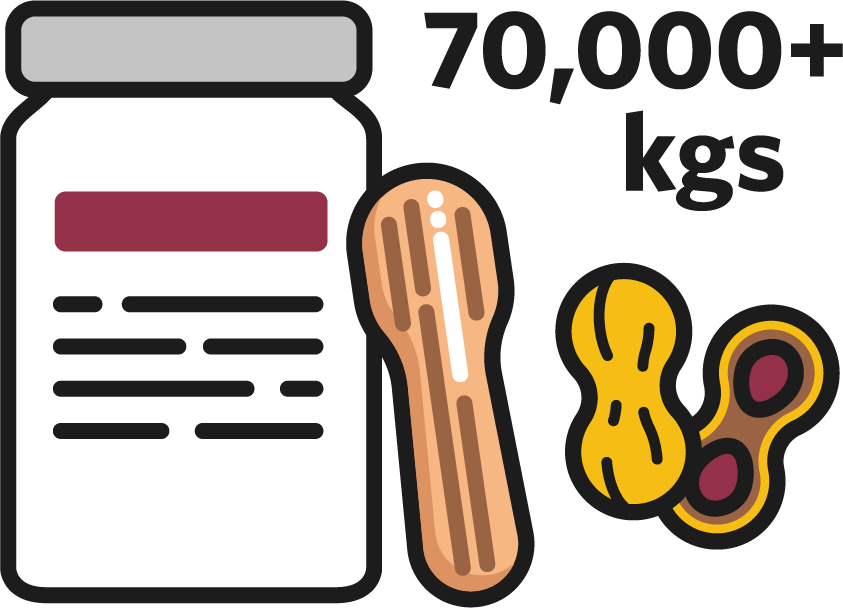
More than 70,000 kgs of nutrient-rich peanut paste produced each year to treat malnourished children in Haiti.
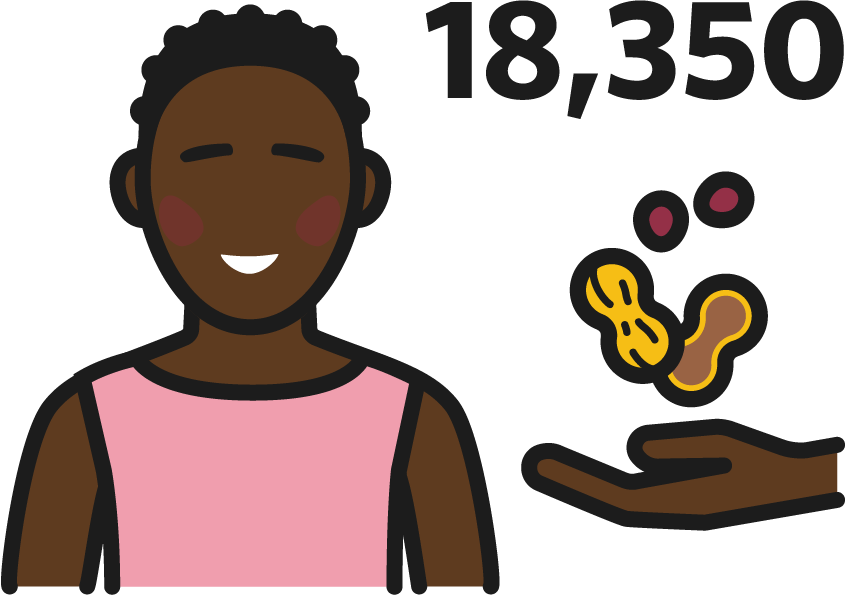
More than 18,350 children treated for malnutrition each year at PIH-supported facilities.
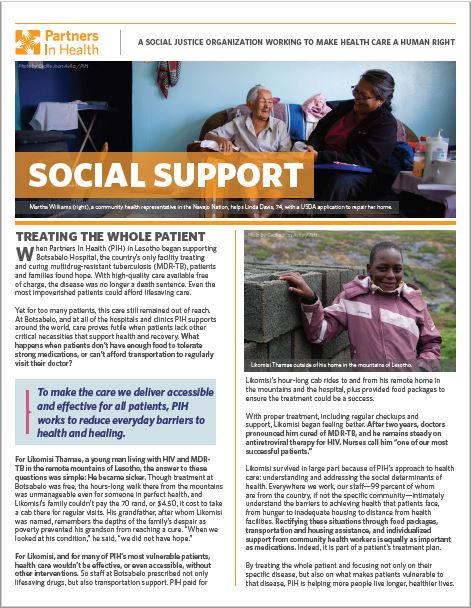
Social support: Treating the whole patient
Make a donation today to support CHILD health services and strengthen health systems around the world.
Related stories
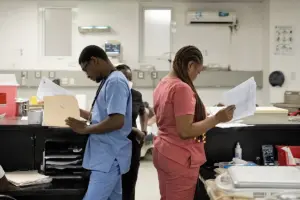
Emergency Medicine Residency Earns International Accreditation in Haiti
Emergency Medicine Residency Earns International Accreditation in Haiti Residency is the third to receive ACGME-I accreditation at Hôpital Universitaire de Mirebalais Posted July 8, 2024 The emergency medicine residency program at Hôpital Universitaire de Mirebalais is recognized for meeting established standards for educational quality. Photo by Mélissa Jeanty / PIH.
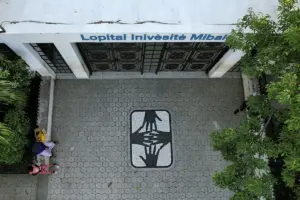
A Commitment to Public Health Strengthened Under the Weight of Adversity
A Commitment to Public Health Strengthened Under the Weight of Adversity Haiti’s Hôpital Universitaire de Mirebalais continues to prioritize patient and staff wellness after armed attack. Posted July 8, 2024 Haiti’s Hôpital Universitaire de Mirebalais (HUM) provides primary care services to about 185,000 people in Mirebalais and two nearby communities.

Providing Mental Health Care for Pregnant Women and Mothers in Peru
Providing Mental Health Care for Pregnant Women and Mothers in Peru Partners In Health has provided mental health care to pregnant women and mothers in northern Lima since 2018 Posted May 28, 2024 Leidith Tinoco, a participant in Socios En Salud’s mental health program for pregnant women and mothers —